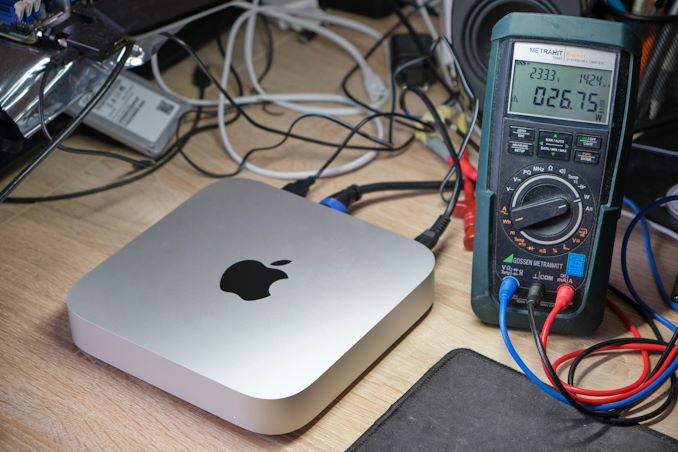DrAspirino
Banned
So, these last few days have been really interesting, regarding future CPUs and possible "Backwards compatibility" on the next-next gen consoles (namely PlayStation 6 / Xbox series whatever).
To get into bussiness, several hardware news sites (such as Tom's Hardware, TechRadar, Channel Pro, and NotebookCheck, to name a few) have stated that AMD is "ready to diversify its portfolio with ARM-based chips", which would mean that it wouldn't be unlikely to see an AMD ARM APU with a Radeon integrated GPU.
So...who could be those customers willing to put powerful AMD graphics alongside an ARM-based CPU? Who would need to reduce the power consumption further to comply with new energy-efficiency laws?
For a moment, let's say it's either Sony and/or Microsoft for their next consoles (which they have in the draft board right now) that have such need. That would immediately mean that on the next consoles, circa 2027, we won't have Backwards compatibility anymore (or at least not at the performance we're used to now) because of the very nature of the ARM architecture.
Now, having that prospect ahead, knowing that Windows-on-ARM is a thing and that it's heavily supported by Microsoft, knowing that other laptop manufacturers (like Samsung) are willing to use ARM chips on their new laptops, that Apple's M1 silicon (and future silicons) are going to be ARM-based and probably optimised AF... does it truly make any sense at all to upgrade an x86 CPU right now?
I mean... for my own part, I won't buy any new CPU until the fog clears up and the CPU ISA transition path from x86 to ARM is clear enough.
To get into bussiness, several hardware news sites (such as Tom's Hardware, TechRadar, Channel Pro, and NotebookCheck, to name a few) have stated that AMD is "ready to diversify its portfolio with ARM-based chips", which would mean that it wouldn't be unlikely to see an AMD ARM APU with a Radeon integrated GPU.
AMD's CFO Devinder Kumar recently commented that AMD stands ready to manufacture Arm chips if needed, noting that the company's customers want to work with AMD on Arm-based solutions. Kumar's remarks came during last week's Deutsche Bank Technology Conference, building on comments from AMD CEO Lisa Su earlier in the year that underscored the company's willingness to create custom silicon solutions for its customers.
So...who could be those customers willing to put powerful AMD graphics alongside an ARM-based CPU? Who would need to reduce the power consumption further to comply with new energy-efficiency laws?
For a moment, let's say it's either Sony and/or Microsoft for their next consoles (which they have in the draft board right now) that have such need. That would immediately mean that on the next consoles, circa 2027, we won't have Backwards compatibility anymore (or at least not at the performance we're used to now) because of the very nature of the ARM architecture.
Now, having that prospect ahead, knowing that Windows-on-ARM is a thing and that it's heavily supported by Microsoft, knowing that other laptop manufacturers (like Samsung) are willing to use ARM chips on their new laptops, that Apple's M1 silicon (and future silicons) are going to be ARM-based and probably optimised AF... does it truly make any sense at all to upgrade an x86 CPU right now?
I mean... for my own part, I won't buy any new CPU until the fog clears up and the CPU ISA transition path from x86 to ARM is clear enough.





